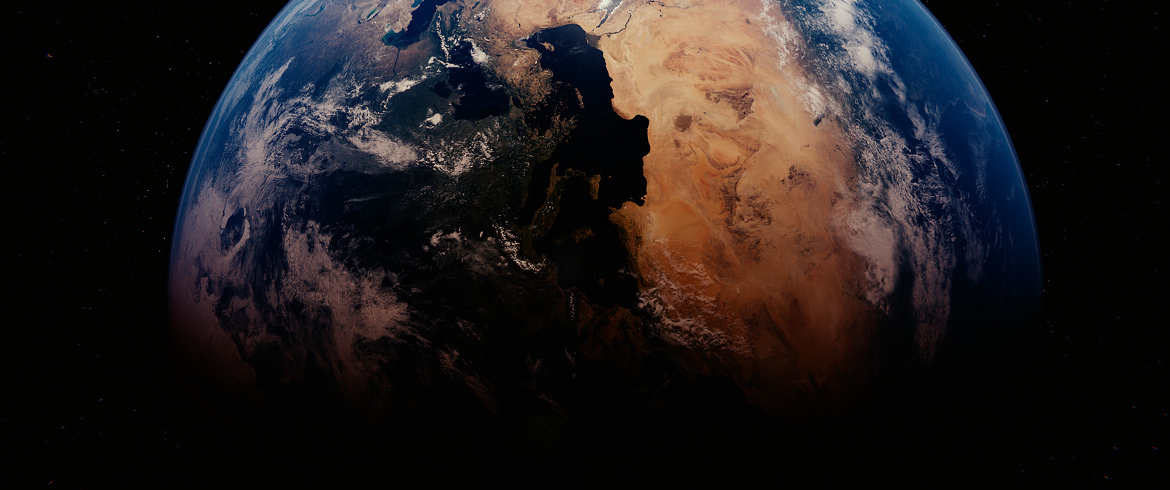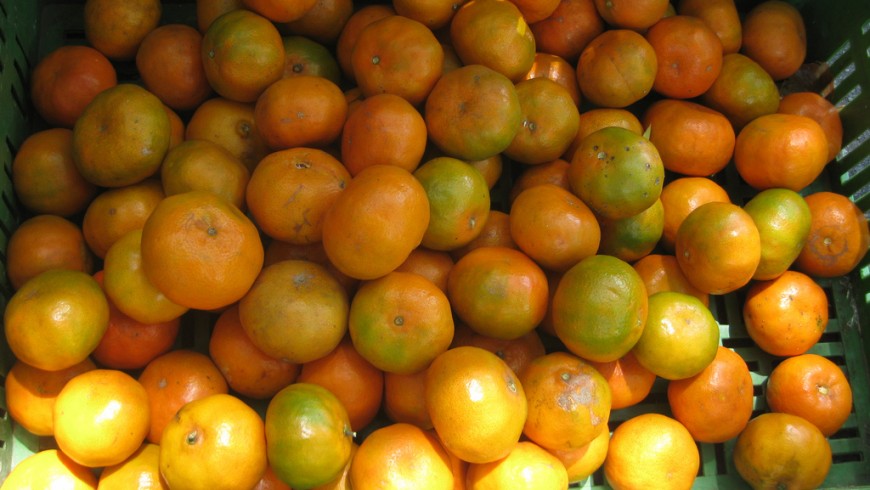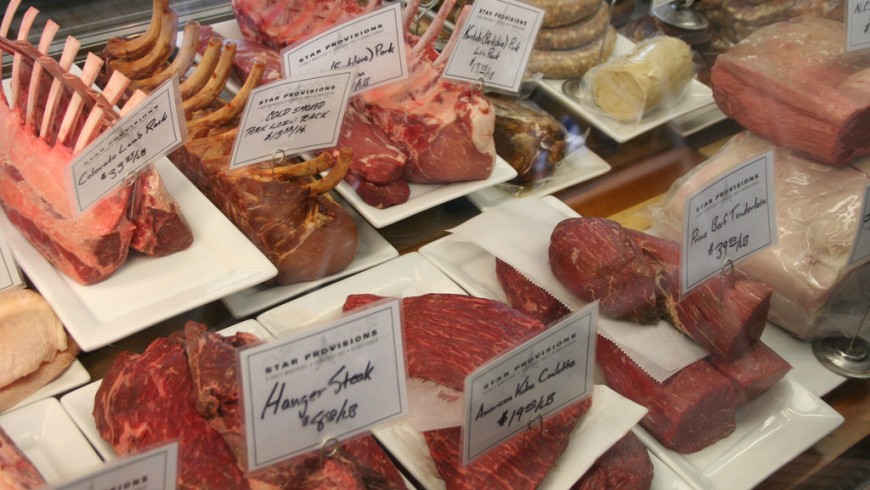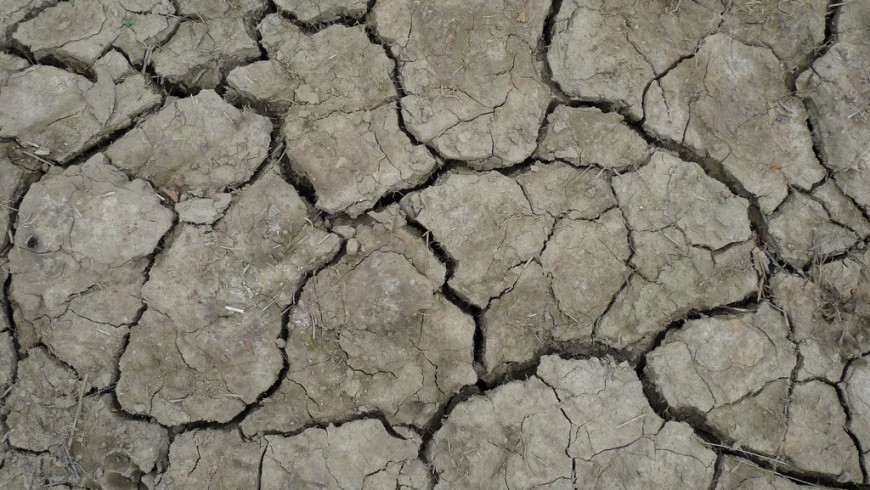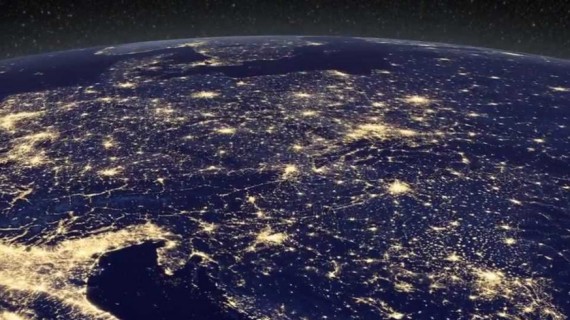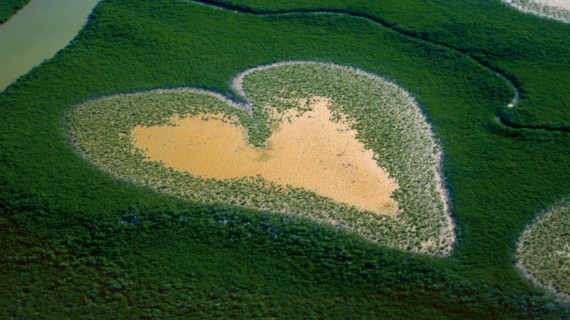On August 22nd we are going to cross the point, where one planet was enough for us. Our annual demand on nature’s renewable resources and services exceeded what Earth can regenerate over the year. This day was named as Earth Overshoot Day 2020. Global Footprint network developed the Ecological Footprint metric to measure this problem.
Ecological Footprint metric measures more than 200 countries and regions from the year 1961 till now. It measures the land area, that we need to produce food and in the same time, the land, which is needed to absorb waste like carbon emissions.
The results are alarming. Our activity currently consumes as much renewable natural resources as 1.7 Earths can produce. And what are the costs of a global ecological overshoot? Well, for example deforestation, drought, freshwater scarcity, soil erosion, biodiversity loss, and the build-up of carbon dioxide in the atmosphere.
The major role in the global ecological overshoot is played by human societies. The way we produce and consume food contributes to 26% of the overall humanity´s Ecological Footprint. And the impact of food on the global Ecological Footprint is growing in very unsustainable trend. If we would continue in the same way, with growing population and land currently available, land demand could exceed the available resources by up to 700% by 2050.
How to change it? Well, sustainable feeding of people cannot achieve changes only through changes in production. Food choices need to evolve, because sustainable food production will not be able to sustain current consumption of a growing worldwide population. Basically, the changes in sustainable production practices must be interlinked with changes in consumption patterns.
Not all countries are equal in Ecological Footprint. For example, the sole Mediterranean region ranges from 13% of total Ecological Footprint of Slovenia, to 51% of Morocco’s footprint. We need to not only balance our footprints but also decrease it a lot.
So, why the Earth cannot feed us anymore?
Industrialization
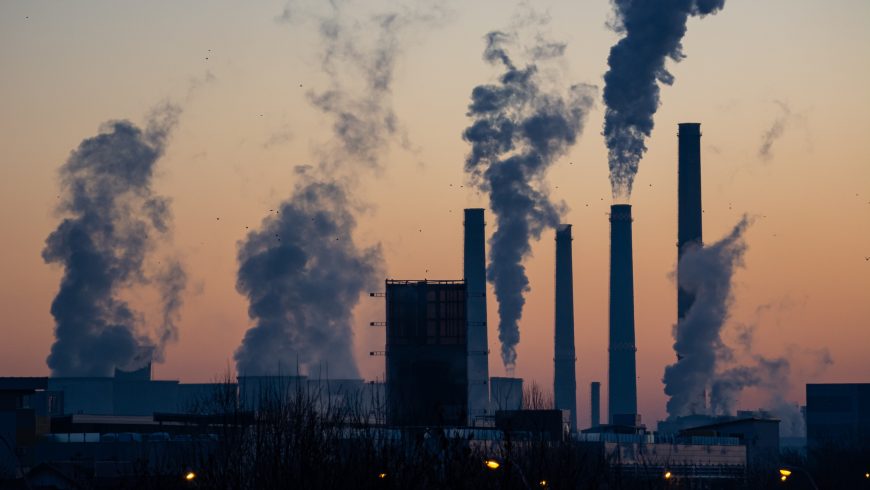
In the wake of the Second World War, a strict focus on productivity was pushed by both- public policies and market forces. It resulted in severe depletion of natural ecosystems- including declining agricultural biodiversity and compromised soil health.
Globalization

Globalization of the food system had and still has a big impact on distribution, transformation, food choices and even eating habits. Traditional eating habits adapted to local climate were forgotten and substituted by many food choices from all over the world. The food, which was imported was, thanks to cheap labour force and other factors, often cheaper than local one. Food trends shaped by traditions, local climate, food availability and production were therefore changed for cheap imported commodities.
A recent study in the Mediterranean region has shown, that all Mediterranean countries (except France) rely on biocapacity of foreign countries to satisfy their demand for food. This is happening even though they may be exporters in certain food categories.
Meat consumption
A major consequence of the food system globalization and living standards around the world is a rapid increase in meat consumption. China is the leading country in this change. Animal production is significantly more resource-intensive than plant production. Did you know, that it takes 14 times as much biologically productive land to produce 1 ton of beef than it takes to produce 1 ton of grain? Global livestock is responsible for 9% of all anthropogenic carbon emissions. A balanced diet with lower meat consumption is therefore a good idea how to reduce our Ecological Footprint. Maybe it sounds crazy to some of you, but lowering your meat consumption will also benefit your health a lot.
Connecting globalization with meat consumption, recent study by Alessandro Galli showed, that Mediterranean countries have tendency to drift away from the typical Mediterranean diet and eat more animal calories. This contributes to increased pressure on our planet. Countries like Portugal and Malta, which have the highest food Footprint intensity of all Mediterranean countries are already characterized by protein-intensive diets.
On the other side of the world, in China, government wants to change their animal consumption. Beijing’s goal of reducing China’s meat consumption by 50% is implemented and assumed to reach by 2030.
Food Waste
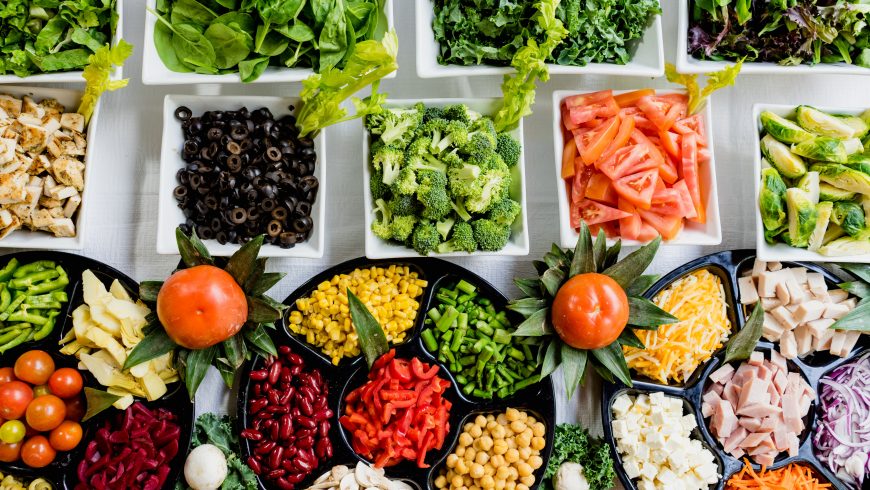
“If we reduce food waste and loss, we have more food available, without the need to produce more and putting less pressure on natural resources”
José Graziano da Silva, FAO DirectorGeneral
We already wrote about the food waste and its impact on our planet and us. Food waste is, however, also equivalent to 9% of the global Ecological Footprint. In US, 40% of food is wasted. This is the equivalent to total Ecological Footprint of Peru and Belgium combined.
Earth Overshoot Day – pushing the date back

The Earth Overshoot Day campaign calculated, that cutting global food waste in half would be significant enough to push the date of Earth Overshoot Day back by 11 days.
They also found out, that shifting back to calories-adequate diet – increasing share of cereals, vegetables and fruits and decreasing protein-intensive diet worldwide could move the Overshoot Day of additional 31 days. To sum up, changing the way how we eat and prevent the food waste, we would move the Earth Overshoot Day by nearly 1.5 months.
There are many solutions to reduce our footprint, almost all of them are well known, readily available and affordable. However, staying in our current trajectory of food consumption and production will lead us to demand approximately 2.5 planets by 2050. Some of the countries like France or China are already trying to change their behaviour. It is possible and necessary to make change. Will you join?
